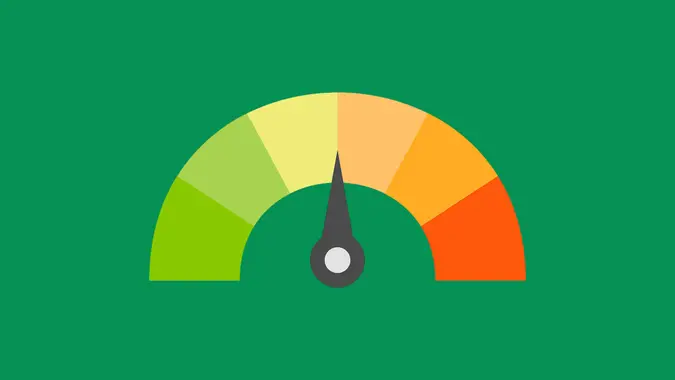Equifax, Experian and TransUnion to Clear Billions in Medical Debt From Credit Reports This Summer

Commitment to Our Readers
GOBankingRates' editorial team is committed to bringing you unbiased reviews and information. We use data-driven methodologies to evaluate financial products and services - our reviews and ratings are not influenced by advertisers. You can read more about our editorial guidelines and our products and services review methodology.

20 Years
Helping You Live Richer

Reviewed
by Experts

Trusted by
Millions of Readers
Medical debt has long played an extensive role on credit reports, but concerns about medical debt collections and related reporting are becoming particularly elevated due to the COVID-19 pandemic.
Some degree of medical debt relief is in sight, however, as the three biggest credit reporting companies will soon start removing tens of billions of dollars of medical debt from consumers’ credit reports — lessening difficulties to borrow and aiding the credit scores of millions of Americans, according to The Wall Street Journal.
Equifax, Experian, and TransUnion are set to change how medical debt is reported. The first changes are scheduled to take effect in July and are expected to eliminate nearly 70% of medical debt in collections accounts from credit reports.
The credit reporting companies will remove from credit reports medical debt that was paid after it was sent to collections. Under the current procedures, such debts can weigh on a credit rating for up to seven years, even if they’re already paid.
Under the new approach, new unpaid medical debt won’t be added to credit reports for a full year after being sent to collections. Additionally, the three credit monitoring agencies will be removing any unpaid medical debts of less than $500 in the first half of next year, with the potential for that threshold to rise, The Wall Street Journal reported.
Because medical bills are expensive and often stem from unplanned circumstances, medical debt is the most common type of debt reported on consumer credit records in the U.S. As stated in a report on the medical debt burden in the United States — a report published by the Consumer Financial Protection Bureau and released on March 1 — those contacted by collection agencies are contacted regarding medical debt more often than any other type of debt.
This move by Equifax, Experian and TransUnion may have a real impact on those struggling with past medical debt and a subsequent poor credit rating by summer’s end.
 Written by
Written by  Edited by
Edited by 

























